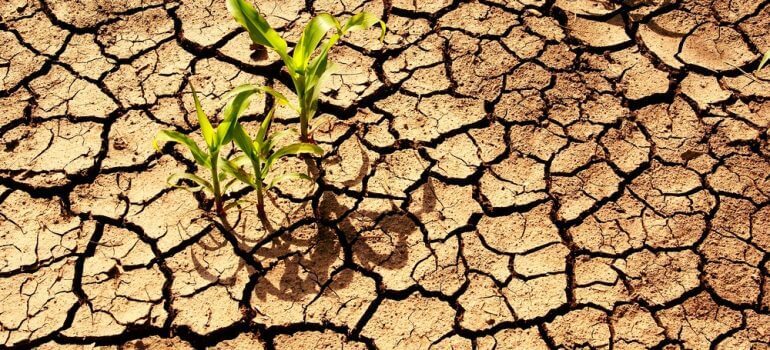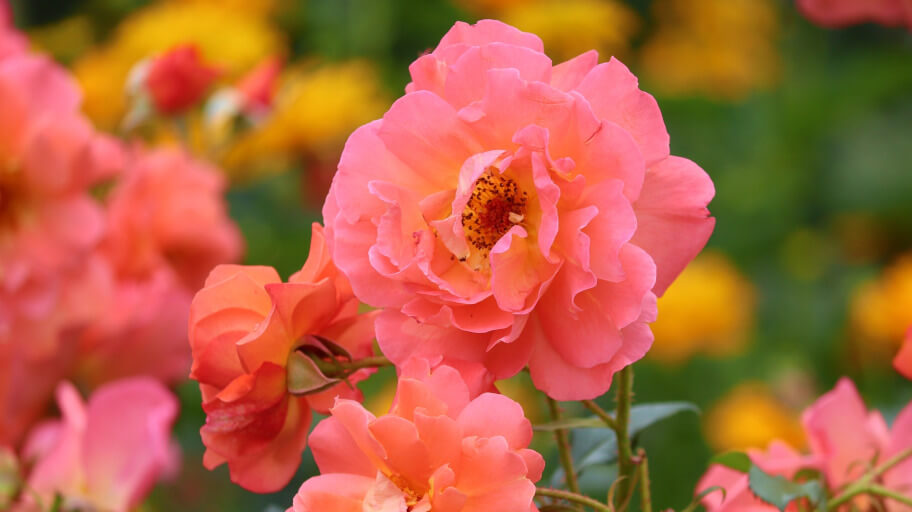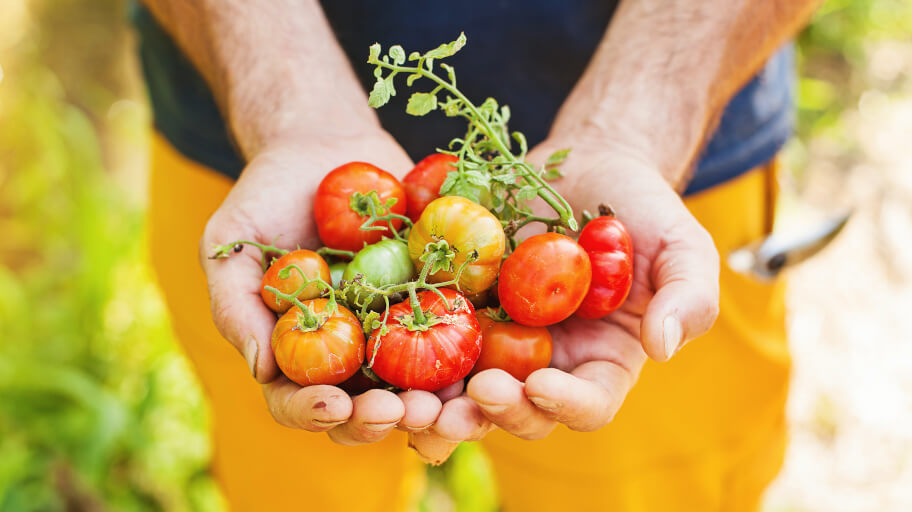
Growing a garden in low-rain areas was thought to be something close to impossible. If you wanted to grow anything more than just a simple decoration garden you would have to put enormous amounts of work and tons of water a year in order to have healthy plants in your garden.
We’ve talked about xeriscaping before, which is great if you want to have a garden that needs low maintenance and looks good. However, there is a method that allows you to grow crops! Enter dryland farming.
What is dry farming?
Dryland farming is the method used to grow crops in low-rain places by using the water captured in the soil during the winter periods.
It’s very important that you select the right endemic crops, maintain the garden the right way, and understand the process in order to have a healthy dry garden.
How to maintain a dry garden the right way

The most common features of a dry farm are the wider spacing between crops and minimal soil tilling. It’s very important to keep the areas where you want your crops to grow fairly travel free.
Weeds should be strictly controlled. With limited water resources, the last thing that you would want in your garden is weeds sucking out valuable nutrients and moisture.
The key elements of dryland farming
- Capturing and preserving the available water in the soil.
It’s probably the hardest thing to do. You can try terracing, which is difficult to pull out and takes a lot of time, but it’s the best way to avoid run off. Or try a summer fallow rotation of the crops. Summer fallow is growing a crop on two seasons’ precipitation. - Conserve the soil.
Because the ground is quite dry, the biggest threat to your soil is wind erosion. The best way to keep the topsoil of your garden healthy is by adding some type of mulch. - Effectively use the available resources.
This is the most important aspect if you want healthy growing crops. Once that you have chosen the crops that you want to grow you should consider the depth that you should plant the seed on, the right distance between the seeds.
Watering while dry farming?
Many people think that watering is okay when dry farming. Quite the contrary – watering this kind of soil can create cracks in the soil and in some cases speed up water evaporation from it.
Instead of watering make sure you prepare the soil correctly. Before planting, make sure that the soil is moist enough that you can squeeze and make it in the form of a ball without the dirt breaking in your hand. The key thing is working with the moisture that is already captured in the soil, not adding more.
Still, if you don’t know what to grow, there is no way you can have a healthy-looking garden. Not every crop is suitable for growing under such circumstances, yet there are a lot of plants that you can dry farm.
What we suggest to grow is beans, tomatoes, watermelon, corn and sunflowers. It’s best to experiment with what works for your garden and the soil.
How your garden may benefit from this type of gardening

It is much easier to grow a garden normally, keep it in good condition and generally take some care of it. It’s way harder to take care of a dry garden. Preparation is most important and if you don’t do it correctly then you might not even get anything to grow.
The one big plus to this method of growing plants is because when there is a drought most gardens won’t survive it. However, a dry farming garden can and will do better in times when water is scarce.
It’s a real challenge for a gardener to try his green thumb at this type of farming. Yet it’s going to be a great learning experience for any gardener doing this for the first time.
Takeaways
- The soil has to be prepared before the planting period.
- Unlike other types of gardening, you have to give plants more space. Plant further from one another. That way the plants will have more nutrients each. Skip the tilling, make this part of your garden travel-free.
- Don’t water the soil. This is a mistake that you should avoid.
- Instead, work with nutrients that you already have. Enjoy a healthy garden.
Professional gardening services in Melbourne!
We can promptly take care of your lawn, garden, trees, etc!







